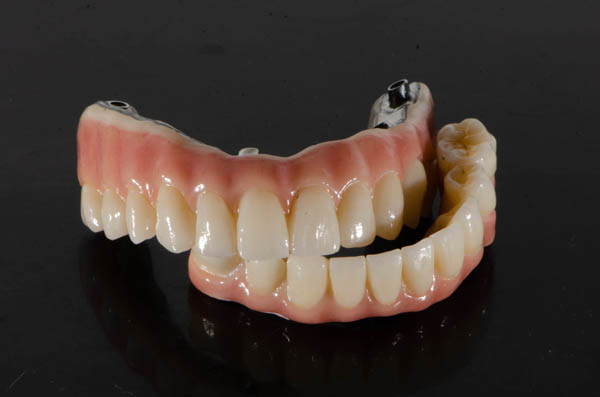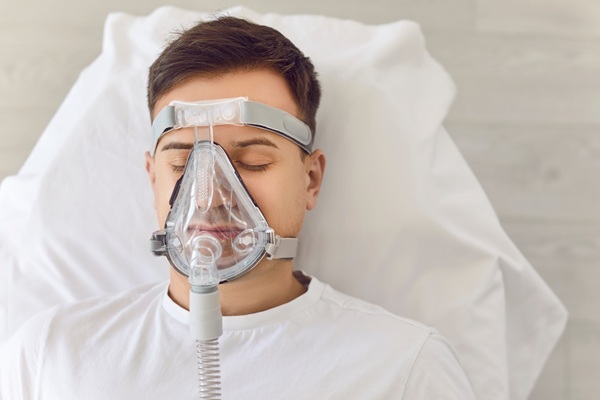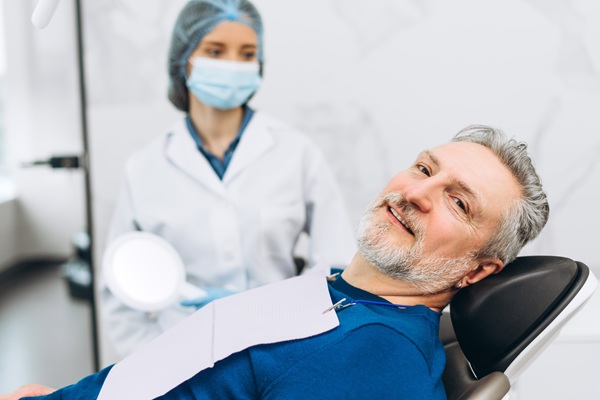Tips for Optimal Recovery from the All-on-4® Procedure

The All-on-4® procedure can significantly improve one's oral health and appearance. However, in order to achieve both, it is necessary to go through the entire process, which is known to be involved. Once the procedure is complete, the patient should prepare to undergo a lengthy recovery process. Recovery tends to be lengthy because the dental implants have to heal and fuse with the natural bone.
How to recover from the All-on-4 procedure
Outlined below are a few tips that can help with achieving optimal recovery. Keep reading to find out more!
1. Rest and relax
After an All-on-4® procedure is complete, it is most important to rest and relax a lot. Most general dentists recommend that the patient take time off from work or school. Doing so allows the entire body to heal, which is often affected after dental implants are placed. Most patients undergo anesthesia during the All-on-4®, which can take a toll on the patient's body afterward. They will likely feel tired or weak for a few hours, which is partially why rest and relaxation are important. Additionally, giving the mouth time to heal immediately after the procedure can help speed up recovery and ensure good oral health.
2. Use ice or cold compresses
Most of the time, there will be swelling or inflammation around the wound, after the procedure is complete. Using a cold compress or ice to reduce these symptoms can be extremely helpful when recovering. General dentists recommend 10 minutes with ice or a cold compress and then 10 minutes off.
3. Adjust eating habits
Another recovery tip from a general dentist is to adjust the diet after the All-on-4® procedure is complete. Eating soft foods or even all liquids can be helpful when recovering. The areas around the freshly placed implants may get irritated if normal eating habits take place. Regardless if soft foods or liquids are primarily consumed, it is best to avoid tough things like meats or raw vegetables.
4. Practice oral hygiene, gently
A lot of patients are hesitant to brush and floss like normal after oral surgery, however, it is still extremely important to do so. While the wound itself should not be touched, it is okay to rinse with saltwater. Saltwater will help keep the entire mouth clean while healing. Additionally, brushing the other teeth and flossing like normal should still be done in order to keep the rest of the mouth healthy.
5. Be careful
It is important to simply be careful after the All-on-4® procedure is complete. Carefully replacing gauze and avoiding touching the wound can go a long way in recovery.
Learn more today!
Recovering from the All-on-4® procedure can be a long process, but ultimately it is worth the wait. Any questions or concerns regarding the All-on-4 recovery process should be addressed by a general dentist, who may be able to provide specific tips. Reach out today to learn more or to get started!
Request an appointment here: https://www.drpainless.com or call Red Cliffs Dental at (435) 465-4002 for an appointment in our St. George office.
Check out what others are saying about our dental services on Yelp: All-on-4 Dental Implants in St. George, UT.
Recent Posts
All-on-4® implants refer to a procedure where the patient gets four posts attached to their jawbone to insert dentures for a simple, quick, and long-lasting smile. They are growing in popularity due to their permanence and effectiveness. There are some things to consider before getting an implant surgery, with one of the most significant components…
There is a lot to think about when it comes to dental implants. This tooth-replacement treatment is an effective way to revitalize your smile and restore the ability to chew. The process can take several months, and the recovery can be lengthy. As you learn more about this procedure, you can make the right decision…
Dental implants can improve your oral health and appearance. There are many benefits to choosing this tooth-replacement method. Of course, implants are not the only way you can restore your smile and the function of your mouth. However, as you learn more about them, you will see why so many people choose this treatment. Living…
Dental ridge preservation is a way to preserve the socket after a missing tooth develops. Dental implants require adequate bone support, and bone loss can occur after losing a tooth if the bone density is not preserved. This review offers insights into the purpose of dental ridge preservation as it relates to dental implants treatment. Ridge…


